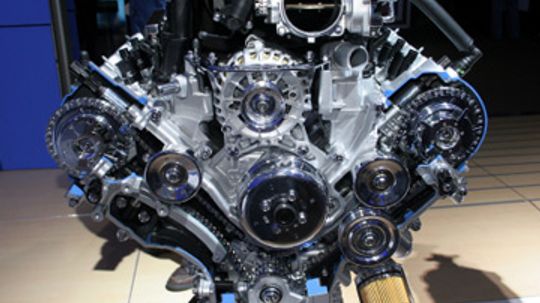Are you wondering how long your timing belt will last? Well, the lifespan of a timing belt can vary depending on several factors. Let’s dive into this crucial component of your vehicle’s engine and find out when it’s time for a replacement.
The Importance of Timing Belts
A timing belt is an essential part of your car’s engine that synchronizes the rotation of the crankshaft and camshaft. This synchronization ensures that valves open and close at the right time during each cylinder’s intake and exhaust strokes. Without a properly functioning timing belt, your engine could experience severe damage.
Factors Affecting Timing Belt Lifespan
Several factors influence how long a timing belt lasts. Firstly, it depends on the material used to make the belt. Most modern vehicles use rubber-based belts with high-tensile fibers for added strength and durability.
The second factor is maintenance. Regularly scheduled inspections by qualified technicians are vital in detecting any signs of wear or damage to the timing belt. Additionally, following manufacturer-recommended service intervals for replacing the timing belt is crucial to prevent unexpected failures.
Your driving habits also play a role in determining how long your timing belt will last. Aggressive driving, such as sudden acceleration or hard braking, puts additional stress on all engine components, including the timing belt.
Timing Belt Replacement
While there isn’t an exact mileage or timeframe for when to replace a timing belt since it varies between different makes and models, most manufacturers recommend changing it every 60,000 to 100,000 miles (or around 5-7 years). However, some newer vehicles may have longer-lasting belts designed to go up to 150k miles before needing replacement.
It’s important to note that waiting until the timing belt breaks can lead to catastrophic engine failure and costly repairs. Therefore, it is wise to consult your vehicle’s owner manual or reach out to a trusted mechanic for guidance on when you should replace your timing belt.
In Conclusion
Your vehicle’s timing belt is a critical component that ensures proper engine performance. While the lifespan of a timing belt varies depending on factors such as material, maintenance, and driving habits, it is essential not to overlook its replacement intervals. By staying proactive and following manufacturer recommendations, you can avoid potential engine damage and keep your car running smoothly for years to come.


